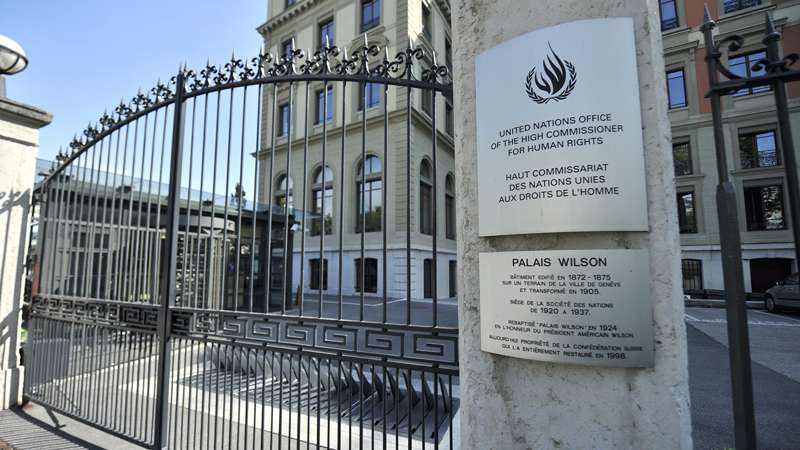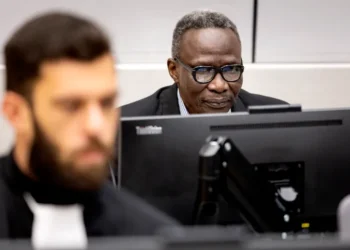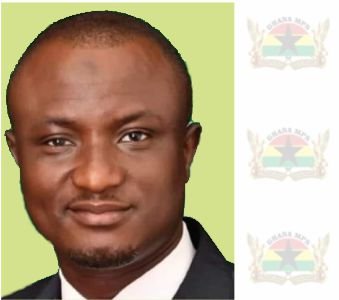African leaders are set to convene in Zimbabwe on Saturday, August 17 for the Southern African Development Community (SADC) summit.
The 16-nation gathering is expected to address the escalating mpox outbreaks across the continent, although it’s less likely to confront the growing international criticism of Zimbabwe’s human rights record.
This comes as the World Health Organization (WHO) declared the mpox outbreaks in Africa a global health emergency earlier this week. The SADC region, particularly Congo, has been at the epicenter of this crisis, with the country accounting for over 90% of the cases.
Although mpox has long been endemic in Central and West Africa, it has now spread to over a dozen African countries, some of which have never encountered the virus before.
Adding to the concern, scientists in Congo have identified a new variant of mpox, potentially more contagious than previous strains.
The WHO has raised alarms about the possibility of this variant crossing international borders, with Sweden recently reporting its first case.
Amidst these health concerns, political tension is also mounting. The Democratic Alliance, a key party in South Africa’s coalition government, has called on South African representatives at the SADC summit to address the mpox situation.
Although South Africa and other southern African nations have reported only a handful of cases, the Democratic Alliance emphasized that the outbreak in Congo “shows just how fast the situation can change.”
As delegates and heads of state began arriving in Harare, Zimbabwe’s capital, for the summit, the country’s government faced sharp criticism from international human rights organizations.
Over the past few months, more than 160 activists and opposition members have been arrested, sparking concerns of a political crackdown.
UN Condemns Zimbabwe’s Treatment of Activists
On Thursday, the United Nations human rights office issued a statement on behalf of several experts, urging Zimbabwean authorities to release dozens of detained activists and opposition members.

The statement highlighted the case of three activists who were forcibly removed from a plane and arrested by Zimbabwean security forces last month.
The activists were reportedly subjected to enforced disappearance, torture, and other forms of cruel treatment, including waterboarding.
Human rights groups such as Amnesty International and Human Rights Watch have also raised alarms over the recent arrests, pointing out that many detainees, including a mother with her 1-year-old child, have been held in pretrial detention for weeks.
Despite these serious allegations, there has been minimal diplomatic pressure on Zimbabwe’s President Emmerson Mnangagwa from his SADC counterparts.
Mnangagwa, who is poised to assume the rotational leadership of SADC, has been accused by rights groups of orchestrating a crackdown on dissent both before and after his re-election last year.
In preparation for the summit, Zimbabwe has gone to great lengths to spruce up Harare, repairing potholes, planting palm trees along major roads, and promising uninterrupted electricity and water supplies for the duration of the event.
This stands in contrast to the daily struggles of ordinary Zimbabweans, who regularly face power outages and water shortages.
However, analysts remain skeptical that the SADC leaders will confront Zimbabwe on its human rights issues during the summit.
“They avoid the difficult issues,” remarked Antony Reeler, a Zimbabwean researcher and political analyst, reflecting the widespread belief that the summit will steer clear of any direct criticism of the host nation’s governance.
READ ALSO: KiDi Advises The Youth On The Use of Contraceptives





















